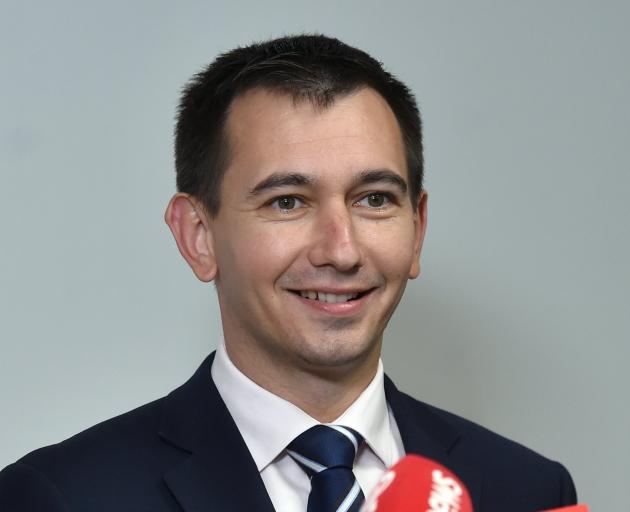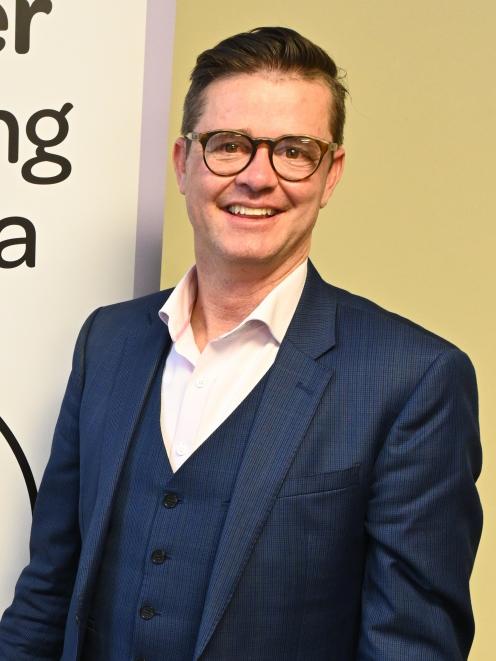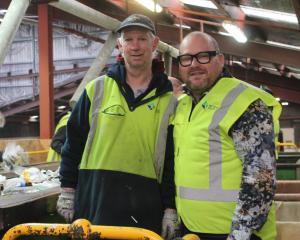
At the weekend, Health Minister Simeon Brown announced Cabinet had signed off the move to regulate PAs.
PAs are overseas-trained health professionals who can evaluate, diagnose, and treat patients under the supervision of a doctor.
They work in a range of health settings in New Zealand, including general practice and hospitals, assisting with both clinical and administrative tasks to ensure patient needs are met.
At present, there are about 50 PAs spread across 29 clinics throughout New Zealand, who work in the same scope of care as their supervising doctors.
Mr Brown said regulating physician associates under the Health Practitioners Competence Assurance Act 2003, demonstrated the government’s dedication to patient safety and providing high quality care.
"By regulating physician associates, they will be required to meet clear standards that are appropriate for the New Zealand health system, including training, supervision, and ongoing professional development."
It would also promote and offer assurance of the public confidence in the PA profession.
Gore Health chief executive officer Mr Karl Metzler said he and other health professionals across the country had been advocating for this critical profession to be recognised and valued through formal regulation, for the past 12 years.
"It is truly a watershed moment for the New Zealand health sector.

"I liken it to going through some kind of complicated labour for 12 years and birthing something quite remarkable.
"It’s a proud moment for me."
Mr Metzler said in time people would see the enormous benefit that the PA workforce had to offer.
"Kiwis' access to healthcare and better healthcare is going to be improved — I have no doubt, I don't think I'm being naive in saying that."
He estimated there were about a dozen PAs working across Otago and Southland at present, and that number was expected to grow significantly.
"This is a circuit breaker for rural health and hard-to-staff areas in rural New Zealand.
"It will make a huge difference to our healthcare system.
"It's gonna come down to immigration and medical council processing their applications."
He said if he advertised for a GP in Gore, he would often not get a single applicant.
"But if I advertise for a PA, I'll get at least 20 applications.
"And particularly in the Trump era, we're getting a lot of democratically-minded interest out of the United States now, and these guys are highly trained and highly skilled."
He hoped it would eventually mean PAs would be able to work on their own unsupervised, but initially, for the sake of public safety, doctors would feel a lot happier having oversight and supervision of them.
Mr Metzler said Gore Health had employed PAs since 2012 and they would not have been able to maintain the 24/7 emergency department without them.
PAs provided critical support to doctors, helped reduce patient wait times and access to healthcare in under-served areas.
Their presence had also reduced the load on doctors, consequently reducing burnout and retention issues.
"It’s so exciting that the sector is finally going to get to truly appreciate and embrace the skills PAs bring to the table."












